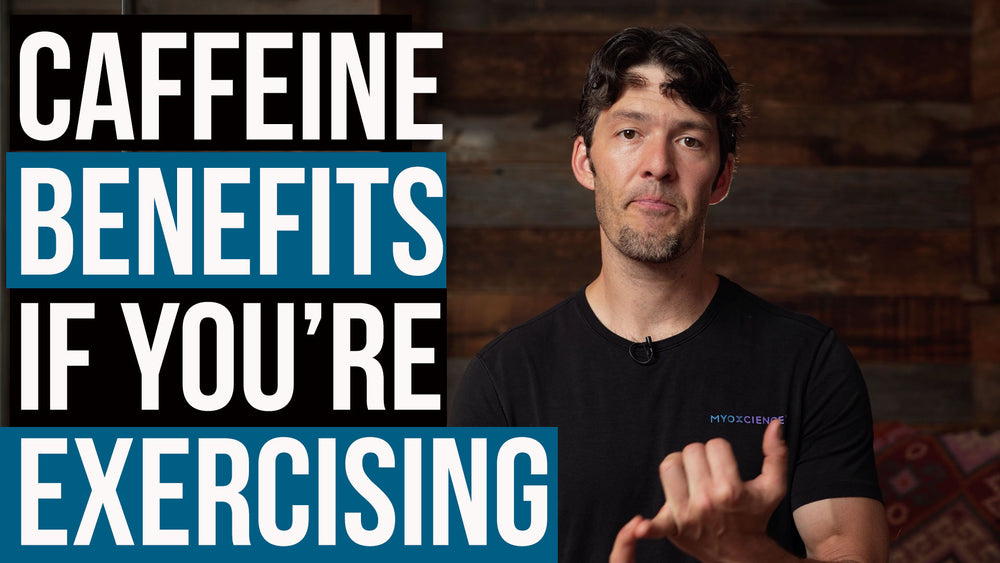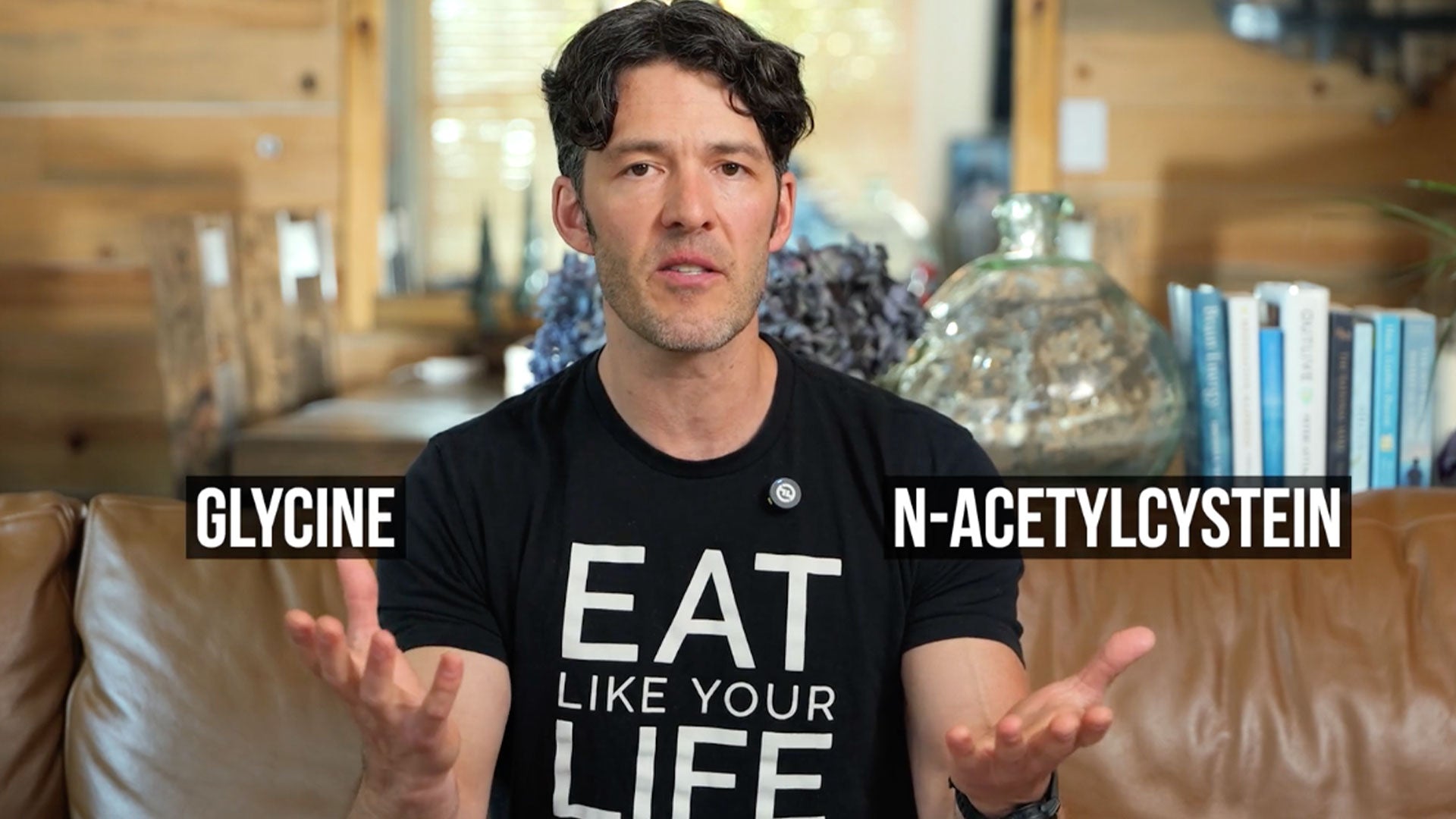Caffeine and Pre-workout Formulas May Increase Strength, Power

Gyms are re-opening across the USA. (YES!)
When you’re increasing the volume or intensity of your workouts, caffeine is a substance to consider.
Science suggests caffeine helps blunt the perception of pain during exercise and may increase strength, power.
Coffee and tea work great, but drinking caffeine before a particularly hard set “swishing” caffeine around your mouth can help get extra mileage out of your workout.
Related Product:
Although caffeine has exercise-specific benefits, it’s not for everyone and some caffeinated products can interfere with sleep (as they have excessive amounts of caffeine). nor do we suggest using it for every single workout, studies in athletes suggest it helps reduce fatigue and perception of pain during exercise.
Related: Around minute 13:00 is where we talk specifically about how caffeine helps with fat oxidation
Caffeine research studies conduced on athletes suggest it helps reduce fatigue. I personally like caffeine for this reason because it helps blunt the perception of pain under high workloads by helping to decrease these feelings (of fatigue).
BUT please be careful and not dig yourself into an overtraining hole (as I’ve done many times). If you’re too tired to train, that means you need rest not more pre-workout—so caffeine smart. 🙏🏽
Other research in athletes have shown a modest increase in strength and more power output, in sprinters and cyclists.
Although data on fat loss is mixed, caffeine may enhance fat oxidation during exercise at it helps improve fat mobilization (by inhibiting antilipolytic enzymes). Some studies say the rate of increased lipid mobilization is not matched by fat oxidation after caffeine consumption, but none-the-less lipid churn or turn over is favorable.
References:
1) Burke, L. (2008). Caffeine and sports performance Applied Physiology, Nutrition, and Metabolism 33(6), 1319-1334.
2) Acheson, K., Gremaud, G., Meirim, I., Montigon, F., Krebs, Y., Fay, L., Gay, L., Schneiter, P., Schindler, C., Tappy, L. (2004). Metabolic effects of caffeine in humans: lipid oxidation or futile cycling? The American Journal of Clinical Nutrition 79(1), 40-46.
*These statements have not been evaluated by the Food and Drug Administration. These products are not intended to diagnose, treat, cure, or prevent any disease.
RECENT POSTS
CATEGORIES
- 5-MTHF
- Adrenals
- air quality
- Berberine
- caffeine
- Collagen
- Cortisol
- Creatine
- D-chiro-inositol
- Detoxification
- DHEA
- Electrolytes
- epigenetics
- Erythritol
- Exercise
- Fast Mimicking
- Fasting
- Fat Loss
- fires
- Glutathione
- Glycine
- gut bacteria
- Hormones
- IFOS
- Inositol
- INTERNATIONAL FISH OIL STANDARDS (IFOS) PROGRAM
- Iodine
- longevity
- magnesium
- Magnesium L Threonate
- Metabolic Health
- Microbiome
- minerals
- Monk Fruit
- Multivitamin
- myo-inositol
- N-acetyl cysteine
- NAC
- omega-3 index
- Post exercise
- Pre Workout
- Recipe
- Sleep
- Stevia
- vitamin
- Vitamin B12
- Weight Loss
- whey protein
- Women's Health
- Zinc
- Zinc Taste Test




